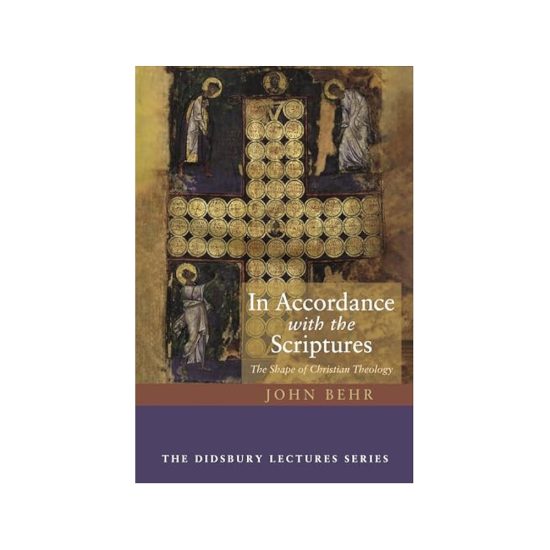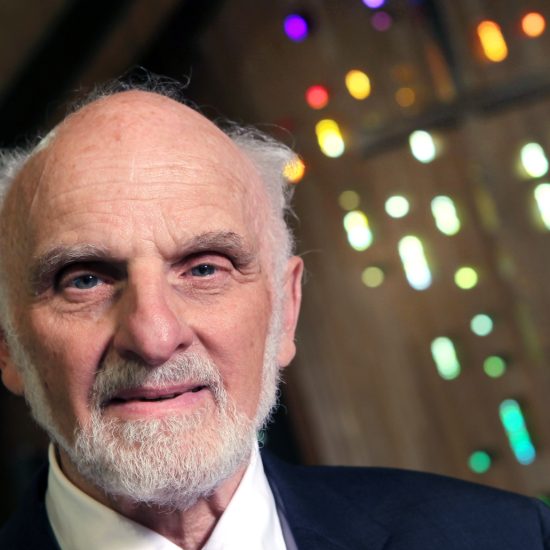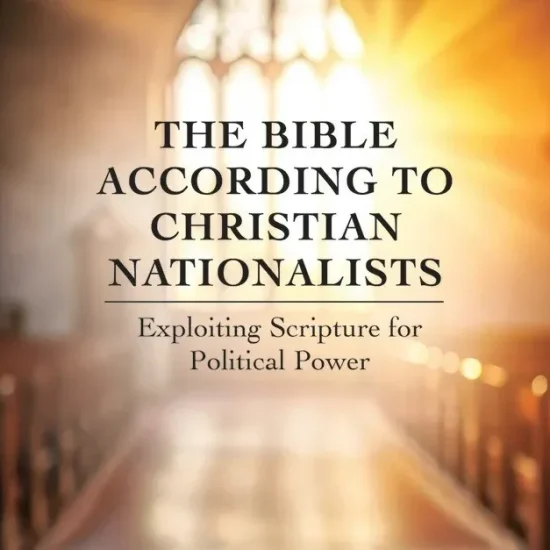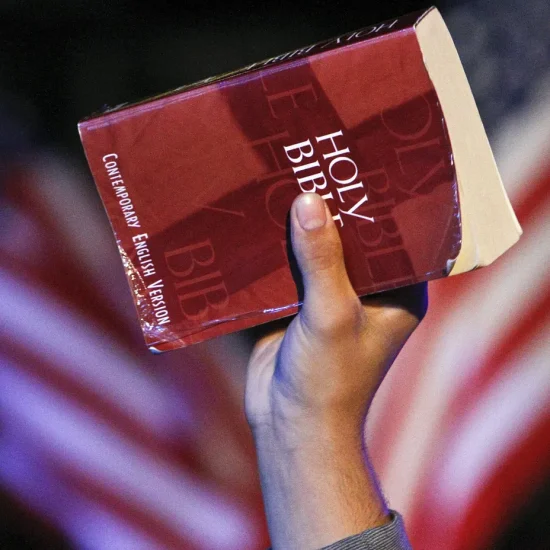ARLINGTON—Pragmatism and tradition have stood alongside biblical and theological principles in shaping Baptist ordination practices, church historian Karen Bullock told the B.H. Carroll Theological Institute colloquy.
“The concept of ordination as practiced by Baptists today is a complex—even problematic—notion resting tenuously upon biblical, theological and even traditional pillars,” Bullock said.
“Setting apart” and “laying on hands” all clearly have biblical roots, but later understanding of ordination also was influenced by the Roman Catholic tradition of “holy orders” and “solemn appointment,” she noted.
“In the earliest years of the Baptist story, Baptists were—like their immediate Anabaptist, Puritan and Separatist predecessors—very concerned about the biblical warrant for their practices,” she said.
When Baptists first began to practice ordination on a regular basis, each congregation would select its pastor, he would present evidence of calling and giftedness, and the church subsequently would ordain him to serve that specific congregation, she noted. Although ministers seldom moved from one church to another, if they did, they would go through the same process—including laying on hands—at each place.
Persecution of Nonconformists in England slowed Baptist acceptance of ordination. But once the Act of Toleration was passed—and London Association began financing church planters in remote rural areas—ordination became much more common among Particular Baptists, she observed.
“Thus, ordination’s growth and acceptability, as well as the London Baptists’ promotion of the practice, may have been more influenced by the Act of Toleration’s lifting of restrictions and the pragmatic financial considerations of sending qualifying ministers into England’s rural sectors to plant churches than either theological or biblical concerns,” she said.
Looking to the Scriptures, Baptists have assumed continuity from the Old Testament practices of setting apart priests and kings and the New Testament practice of identifying elders in a congregation, Bullock said.
Terms like “affirmation,” “commissioning” or “blessing” may be the most accurate descriptions of New Testament rites often associated with ordination, she suggested.
Historically, Baptists have framed their understanding of ordination in sharp contrast to the Roman Catholic understanding of the rite—drawing distinction between their belief in the universal priesthood of believers and the particular priesthood of Catholicism, she stressed.
Baptist views on ordination share many similarities with early Anabaptists—congregational church polity, the authority of the congregation to ordain, affirmation of the priesthood of all believers and rejection of a priestly class, Bullock observed.
“In the Baptist heritage, it has been understood from Scripture that all Christians are authorized to preach the word and engage in the ministry of reconciliation,” Bullock said. Neither preaching nor administration of the ordinances was reserved only for ordained clergy.
“In other words, our heritage bears witness that the only essential ministry in the church is the ministry of the risen Lord who is present, as he promised to be, where his followers have come together in his name. All other ministries are both dependent and derivative,” she said.
“Human ordination then, if juxtaposed to his holy sense of God’s gracious ministry in and through the life of his bride, the church, might rightly be, in Spurgeon’s oft-repeated—but otherwise intended—words, simply ‘laying idle hands on empty heads.” For it is the Christ, our risen Lord, whose ministry to us fills and empowers both the hands and the heads of every believer for his work.
“When that sacred filling takes place, the simple and external rite of ordination may be altogether a moot point.”






